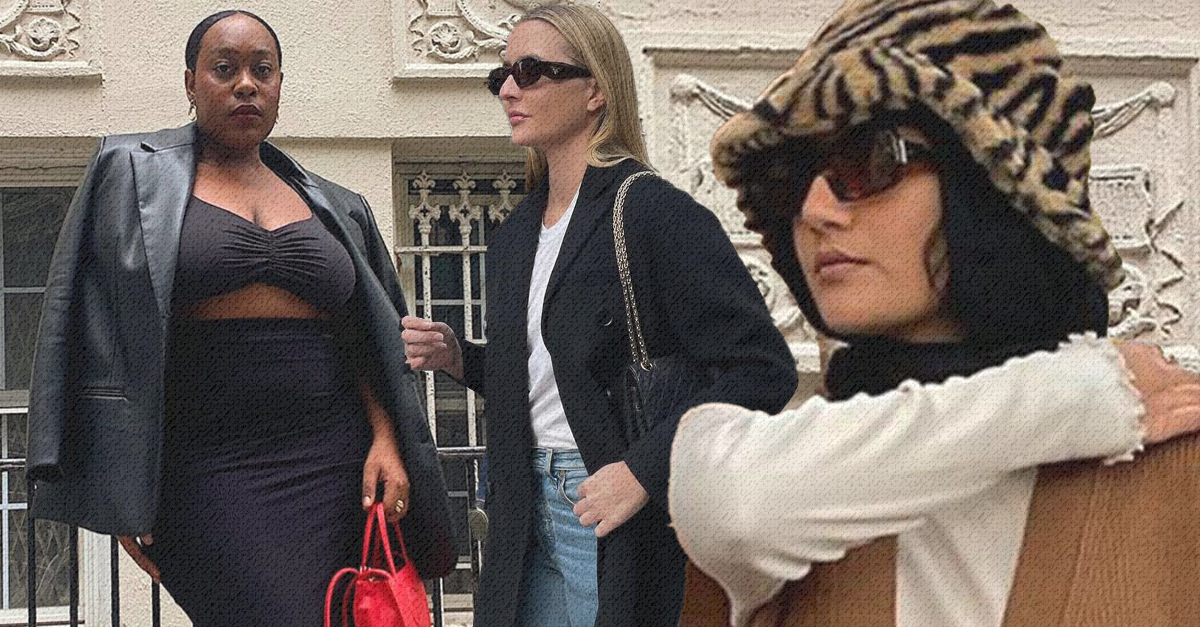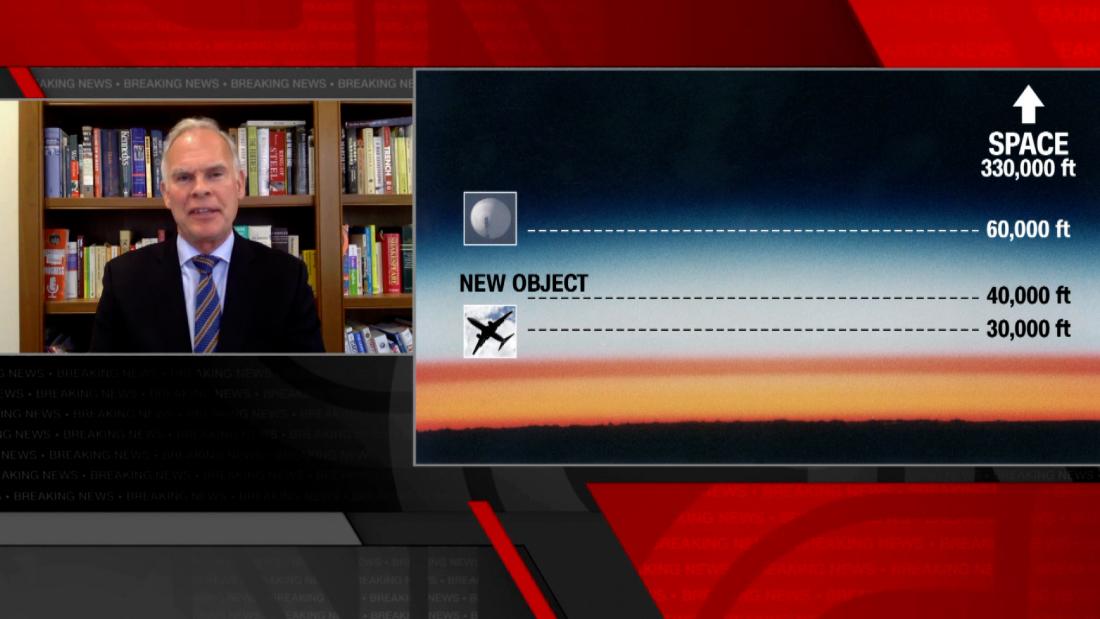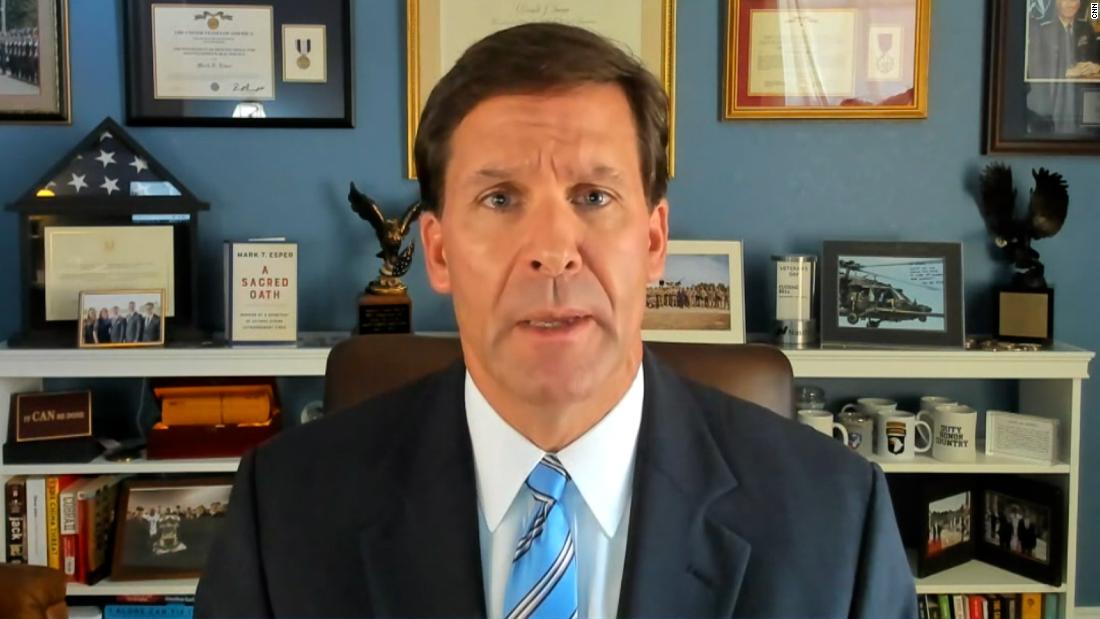America’s Hidden ‘Constitution-Free Zones’
Federal agents are shielded from civil lawsuits in 10 states by circuit court rulings that effectively grant them absolute immunity―even for documented cases of abuse. Hamdi Mohamud of Minnesota wants the Supreme Court to determine that preventing her from suing a federally deputized police officer infringes her right to equal justice.

Childhood ended for 16-year-old Somali refugee Hamdi Mohamud on June 16, 2011, when a shopping trip with friends to a Minnesota mall ended in a prison hundreds of miles from home.
The trouble started before the group even reached the shopping center.
While en route, Mohamud’s two companions spotted a former roommate, and Mohamud soon found herself as a bystander to a fight, which escalated when the former roommate pulled a knife.
Fearing for their lives, Mohamud and her friends dialed 911. Rather than wait for possible arrest, the former roommate ran off and made her own phone call. Unbeknownst to Mohamud and her friends, the former roommate was a witness in a federal crime-ring investigation that had nothing to do with them.

Marie Miller
The arrangement gave the former roommate a direct line to her handler, St. Paul police sergeant Heather Weyker, who was at the time a deputized federal officer as part of a state-federal task force.
Weyker acted fast to protect her witness.
She contacted the Minneapolis police officer at the scene and shifted blame to Mohamud and her friends, according to court documents.
Weyker asserted that the girls had shown up to intimidate the former roommate about being a federal witness. Because of Weyker’s statements, which one court described as “lies and manipulation,” Mohamud and her friends were arrested on suspicion of tampering with a federal witness.
Mohamud, who had done nothing wrong, spent nearly two years in federal custody before prosecutors dismissed all charges against her on July 10, 2013.
By then the damage had been done. Instead of doing normal high school activities with other teenagers, Mohamud found herself locked in a cell up to 23 hours a day at a high-security facility in Tennessee—where most of the crime-ring investigation occurred.
“They took my life away,” Mohamud said in a recorded interview.
Her two friends were acquitted following a trial.
Determined to make sure that nothing similar happened to anyone else, Mohamud filed a lawsuit against Weyker, the police officer, seeking monetary damages for the arrest and detention that violated her constitutional rights. Our nonprofit law firm, the Institute for Justice, represents her.
We believe Mohamud has a strong case.
As the crime-ring investigation fell apart, leaving prosecutors with no convictions, multiple accusers came forward and challenged Weyker’s credibility. One district court concluded that Weyker likely “exaggerated or fabricated important aspects” of her testimony in the crime-ring investigation, which indirectly led to Mohamud’s arrest.
A federal appeals court later expressed “acute concern” about Weyker’s conduct, and the St. Paul Police Department put her on leave following a 2016 internal affairs investigation. Yet Weyker continues to draw a six-figure salary, and no judge or jury will consider if she violated Mohamud’s constitutional rights.
The problem is not lack of evidence that Weyker lied about Mohamud. The problem is that Weyker is virtually untouchable in a lawsuit.

Daryl James
Having been deputized as a federal officer, she received a form of immunity that shields federal workers from civil lawsuits under almost all circumstances—no matter what they do to violate people’s rights. The special shield creates an additional layer of protection that goes beyond qualified immunity, which is already available to public employees at all levels of government.
Under the rules of qualified immunity, targets of abuse cannot sue police officers and other government workers unless the federal appellate court where they live has ruled in a prior case that such conduct violates the Constitution.
Few plaintiffs overcome this hurdle. But even if they do, federal officers receive additional protections.
Specifically, they face liability only in limited circumstances explicitly recognized by the U.S. Supreme Court. Some circuit courts strengthen this immunity even more, blocking all lawsuits against federal officers unless they repeat the exact mistakes made during a 1965 raid, when six agents forced their way into Webster Bivens’ home without a warrant, handcuffed him in front of his wife and children, and later subjected him to a strip search.
Essentially, the result is absolute immunity for federal officers who operate in these circuits, which cover 10 states from the Gulf of Mexico to the Canadian border. Besides Minnesota, the area includes Arkansas, Iowa, Louisiana, Mississippi, Missouri, Nebraska, North Dakota, South Dakota and Texas.
In effect, this means that nearly 60 million Americans live in states where the courts offer absolute immunity to federal officers who violate someone’s constitutional rights.
One federal appellate judge has called the region covered by these circuits a “Constitution-free zone,” where wearing a federal badge means “you can inflict excessive force on someone with little fear of liability.” The comments referred to a 2019 case involving a U.S. Department of Homeland Security agent, who pulled a gun on a Texas mechanic named Kevin Byrd, in a personal dispute.
What it essentially means is that Americans in a large section of the U.S. are subject to unequal justice.
To address the lack of accountability in her own case, Mohamud has asked the U.S. Supreme Court to overturn a decision from the 8th U.S. Circuit Court of Appeals—which reversed a district court decision that her case could proceed.
Weyker has been named in more than 20 lawsuits related to the crime ring investigation, which the 8th Circuit Court of Appeals described as “plagued with problems from the start.”
Mohamud’s two friends have filed separate civil suits against the officer, although they are not part of the current petition to the Supreme Court.
If the High Court takes Mohamud’s case, and if she prevails, she could return to the lower courts and let a judge or jury decide whether Weyker violated her constitutional rights.
(The Institute of Justice has filed a separate petition to the Court to rule on the Kevin Byrd case mentioned above on similar grounds.)
Ultimately, Mohamud simply wants her day in court. When anyone—including a federal officer—violates someone’s rights, the Constitution ensures remedies. Allowing Weyker to claim immunity undercuts that guarantee, turning rights into empty promises.
Additional Reading: It’s Hard to Hold Federal Agents Accountable. Washington Post editorial, Sept. 23, 2021
Marie Miller is an attorney and Daryl James is a writer at the Institute for Justice in Arlington, Va. The public interest law firm also has offices in Minneapolis.

 Landwebs
Landwebs 






















